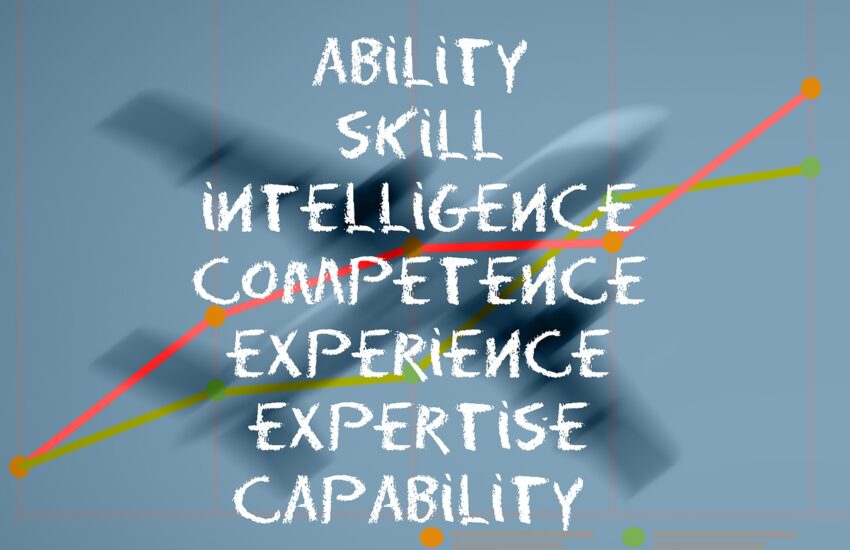Increasingly in the media there are analyses of how automation will affect our lives, which professions will continue to exist, and which will be replaced by robots or algorithms, if doing a given job does not require the physical form of a human, a machine moving or waving lifts. I watch the results of such analyses with increasing surprise, because the professions given there have been constantly the same for almost twenty years. However, now I have found an exception!
Continue reading




